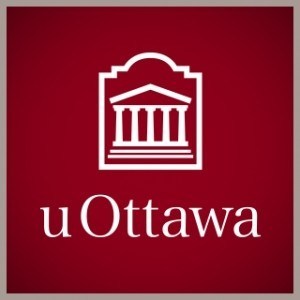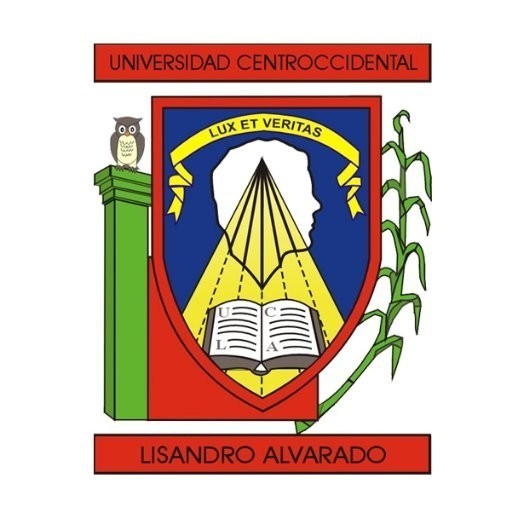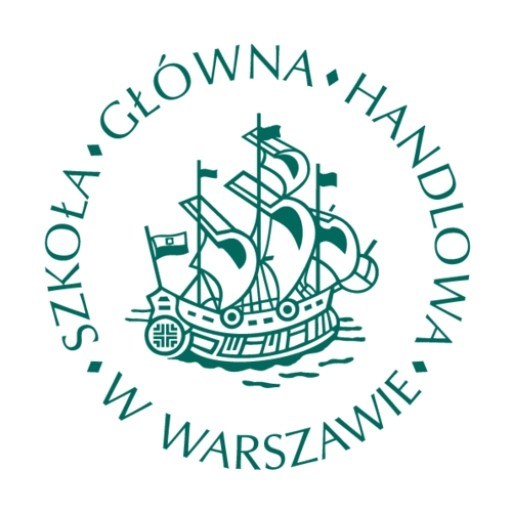Photos of university / #ustmikesstudents
Program description: The Master of Business Administration (MBA) at the University of St. Michael's College offers a comprehensive and rigorous business education designed to prepare students for leadership roles in various industries. This graduate program combines theoretical knowledge with practical application, equipping students with essential skills in management, strategic thinking, financial analysis, marketing, and organizational behavior. The curriculum is carefully structured to foster critical thinking, ethical decision-making, and innovative problem-solving, ensuring graduates are well-prepared to meet the challenges of a dynamic global business environment. Students have the opportunity to engage in hands-on projects, case studies, and internships that provide real-world experience and networking opportunities. The program emphasizes ethical leadership, social responsibility, and sustainability, reflecting the core values of St. Michael's College. With a diverse cohort of students from various backgrounds, the MBA program promotes a collaborative learning environment that encourages the exchange of ideas and perspectives. Faculty members are experienced professionals and scholars dedicated to mentoring students and supporting their career development. Whether students aim to advance in their current careers or transition into new fields, the MBA at St. Michael's College offers the knowledge, skills, and confidence needed to succeed in the rapidly changing world of business. Graduates of the program typically go on to pursue leadership roles in corporate, nonprofit, or entrepreneurial sectors, making a positive impact in their communities and beyond. The program is available in flexible formats, including full-time and part-time options, to accommodate different professional and personal commitments. Join the MBA program at the University of St. Michael's College and take the next step towards achieving your career goals with a foundation rooted in excellence, integrity, and social responsibility.
Program Description:
The MBA program at the University of St. Michael's College is designed to prepare students for leadership roles in today's dynamic and competitive global marketplace. This comprehensive curriculum combines foundational business principles with innovative strategies to equip graduates with the skills necessary to excel in various industries. Throughout the program, students will engage in rigorous coursework that encompasses core areas such as finance, marketing, management, organizational behavior, and ethics, ensuring a well-rounded understanding of business operations.
Additionally, the program emphasizes experiential learning through case studies, group projects, internships, and live consulting opportunities, allowing students to apply theoretical knowledge to real-world situations. The curriculum is tailored to foster critical thinking, strategic decision-making, and effective communication, all crucial competencies for successful managers and entrepreneurs. Specializations offered may include areas like International Business, Sustainable Management, and Digital Transformation, enabling students to align their studies with their career aspirations.
The program also features a strong emphasis on leadership development, encouraging students to reflect on their personal leadership styles and ethical responsibilities. The faculty comprises experienced academics and industry professionals dedicated to mentoring students and promoting innovative thinking. Networking opportunities are integrated into the program through guest lectures, conferences, and alumni connections, providing valuable industry insights and career support.
Designed for working professionals and full-time students alike, the MBA at St. Michael's College offers flexible scheduling options, including evening and weekend classes, as well as online modules to accommodate diverse needs. Upon graduation, students will be well-positioned to pursue advanced managerial roles, launch new ventures, or continue their academic journeys with advanced degrees. The program's holistic approach aims to develop not only business acumen but also the ethical and social responsibility essential for impactful leadership in the modern world.
Program requirements for the University of St. Michael's College MBA include the successful completion of 36 credit hours of graduate coursework. Candidates must hold a bachelor’s degree from an accredited institution or equivalent, with a minimum undergraduate GPA as specified by the program. Applicants are typically required to submit official transcripts, a completed application form, a resume demonstrating professional experience, and personal statements outlining career goals and motivation for pursuing an MBA. Additionally, standardized test scores such as the GMAT or GRE are often recommended, although waivers may be available for applicants with extensive professional experience or advanced degrees. Work experience is a preferred criterion; applicants generally need a minimum of two years of relevant professional experience, which can be demonstrated through a comprehensive resume and references. Letters of recommendation from previous employers or academic instructors are usually required to assess leadership potential and academic preparedness. The program emphasizes a comprehensive curriculum including core management disciplines such as finance, marketing, organizational behavior, and strategic management, supplemented by elective courses tailored to students' interests and career goals. Participation in experiential learning opportunities, such as internships, consulting projects, or case studies, is encouraged to enhance practical skills. The program may also require students to complete a capstone project or thesis that integrates learning and addresses real-world business challenges. Candidates must meet any residence or attendance requirements specified by the program, which could include on-campus sessions or seminars. International students might need to demonstrate English proficiency through TOEFL or IELTS scores, unless their previous education was conducted in English. Overall, candidates should possess strong analytical, communication, and leadership skills, demonstrated through their application materials and professional background. The program supports diverse student backgrounds and emphasizes ethical decision-making, global perspective, and innovative problem-solving as essential components of the curriculum.
The MBA program at the University of St. Michael's College offers a range of financing options to support students throughout their studies. Prospective students are encouraged to explore various sources of funding, including scholarships, bursaries, employer sponsorships, and student loans. The university provides several merit-based scholarships and financial aid opportunities for qualified applicants, which are awarded based on academic achievement, professional experience, and leadership qualities. Additionally, students may qualify for external funding sources, such as government loans and grants, depending on their eligibility and country of residence. The university also partners with organizations to offer tailored sponsorship programs for organizational employees, enabling them to pursue their MBA while benefiting from employer support. Tuition fees for the MBA program are competitive within the region and are billed per academic term, with detailed fee schedules available on the university's official website. The university's financial services office provides comprehensive guidance on the application process for financial aid, including deadlines and required documentation. Furthermore, students are advised to consider part-time employment opportunities and assistantships that might be available on campus to supplement their income during studies. The university promotes a transparent and accessible financial aid process to ensure that students from diverse economic backgrounds can pursue their educational goals without undue financial hardship. Detailed information about the specific scholarships, eligibility criteria, application procedures, and deadlines can be found on the university’s official financial aid webpage. Overall, the University of St. Michael's College is committed to supporting students financially through a combination of internal and external funding options, making quality higher education accessible to a broad range of students interested in advancing their careers through an MBA.
The University of St. Michael's College offers a distinguished Master of Business Administration (MBA) program designed to equip students with advanced leadership and managerial skills essential for success in today's dynamic global marketplace. The MBA program emphasizes a comprehensive curriculum that combines core business disciplines such as finance, marketing, organizational behavior, and strategic management with specialized electives, enabling students to tailor their learning experience to their career goals. The program is delivered through a blend of on-campus classes, online learning modules, and intensive residencies, fostering flexibility and accommodating working professionals. Students benefit from experienced faculty members who bring real-world insights and academic rigor, as well as a diverse peer group that enriches classroom discussions and networking opportunities. The University of St. Michael’s College values ethical leadership, social responsibility, and sustainability, integrating these themes throughout the curriculum to prepare graduates for responsible management roles. Additionally, the program may include opportunities for experiential learning, internships, and international study trips, offering practical application of theoretical knowledge. Students can expect to develop critical thinking, problem-solving, and communication skills, which are vital traits for effective leadership. The admissions process typically considers academic records, professional experience, and personal motivation, with a focus on selecting candidates who demonstrate strong leadership potential. Graduates of the MBA program often advance into senior management, consulting, entrepreneurship, or specialized industry roles, leveraging the college’s strong alumni network and industry partnerships. The program aims to foster a holistic development approach, integrating ethical considerations and cultural awareness into the curriculum to inform responsible decision-making in global business environments. Through its rigorous coursework and supportive academic community, the University of St. Michael's College’s MBA prepares students to make meaningful contributions to their organizations and society at large.










